Amazing Companion Plants For Guava Trees
Amazing Companion Plants for Guava Trees
Guava trees are a delicious and versatile fruit that can be grown in many different climates. They are also relatively easy to care for, making them a good choice for beginner gardeners. However, there are a few things you can do to help your guava tree thrive. One of the best ways to do this is to plant companion plants near your guava tree.
Companion planting is the practice of planting certain plants together in order to benefit each other. Some companion plants can help to attract pollinators, deter pests, or improve the soil quality. When choosing companion plants for your guava tree, it is important to consider the specific needs of your tree.
Here are some of the best companion plants for guava trees:
- Citrus trees: Citrus trees and guava trees are both members of the Rutaceae family, and they benefit from each other's presence. Citrus trees can help to attract pollinators, and they can also help to deter pests such as scale and mealybugs. Guava trees can help to improve the soil quality for citrus trees, and they can also provide shade.

- Chives: Chives are a flowering herb that is known for its insect-repelling properties. Planting chives near your guava tree can help to deter pests such as aphids, spider mites, and whiteflies. Chives can also help to improve the soil quality for guava trees.
- Marigolds: Marigolds are another flowering herb that is known for its insect-repelling properties. They are especially effective at deterring nematodes, which are a type of soil-dwelling pest that can damage guava trees. Marigolds can also help to improve the drainage and aeration of the soil around your guava tree.
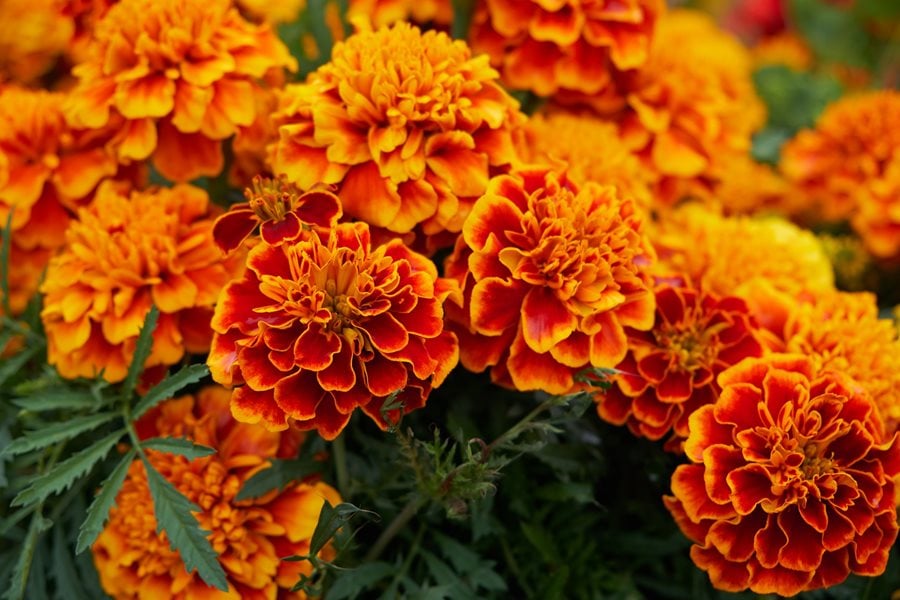
- Comfrey: Comfrey is a hardy perennial herb that is known for its nitrogen-fixing properties. This means that it can help to improve the nitrogen content of the soil around your guava tree. Comfrey can also help to suppress weeds and improve the drainage of the soil.

- Borage: Borage is a flowering herb that is known for its nectar-rich flowers. These flowers attract pollinators such as bees and butterflies, which are essential for the pollination of guava trees. Borage can also help to improve the soil quality around your guava tree.

In addition to these specific plants, there are a few general principles that you can follow when choosing companion plants for your guava tree. First, consider the size of your guava tree. If you have a small tree, you will want to choose companion plants that are not too large. Second, consider the sunlight and water requirements of your guava tree. Make sure to choose companion plants that have similar needs. Finally, consider the climate in your area. Some companion plants are better suited for certain climates than others.
By planting companion plants near your guava tree, you can help to ensure that your tree thrives. These plants can attract pollinators, deter pests, improve the soil quality, and more. With a little planning, you can create a thriving garden that includes both guava trees and their beneficial companions.
Guava trees are a delicious and versatile addition to any garden. But did you know that companion planting can help to improve their health and productivity? Companion planting is the practice of planting certain plants together in order to benefit each other. Some of the best companion plants for guava trees include:
- Citrus trees: Citrus trees release a chemical that helps to repel pests that are attracted to guava trees.
- Chives: Chives release a chemical that helps to repel nematodes, which are a common pest of guava trees.
- Marigolds: Marigolds attract beneficial insects, such as ladybugs, which help to control pests.
- Comfrey: Comfrey is a nitrogen-fixing plant, which means that it can help to improve the soil quality around the guava tree.
- Borage: Borage attracts pollinators, such as bees and butterflies, which help to pollinate the guava flowers.
For more information about guava companion plants, visit Gardenia Inspiration. This website provides a comprehensive list of plants that can be beneficially grown near guava trees, as well as tips on how to plant and care for these plants.
FAQ of guava companion plants
1. What are the best companion plants for guava?
Some of the best companion plants for guava include:
- Citrus trees: Citrus trees and guava trees are both nitrogen-fixing plants, which means they release nitrogen into the soil as they grow. This can help to improve the soil quality for both plants.

- Chives: Chives are a natural insect repellent, which can help to protect guava trees from pests. They also help to improve the soil quality by attracting beneficial insects and earthworms.
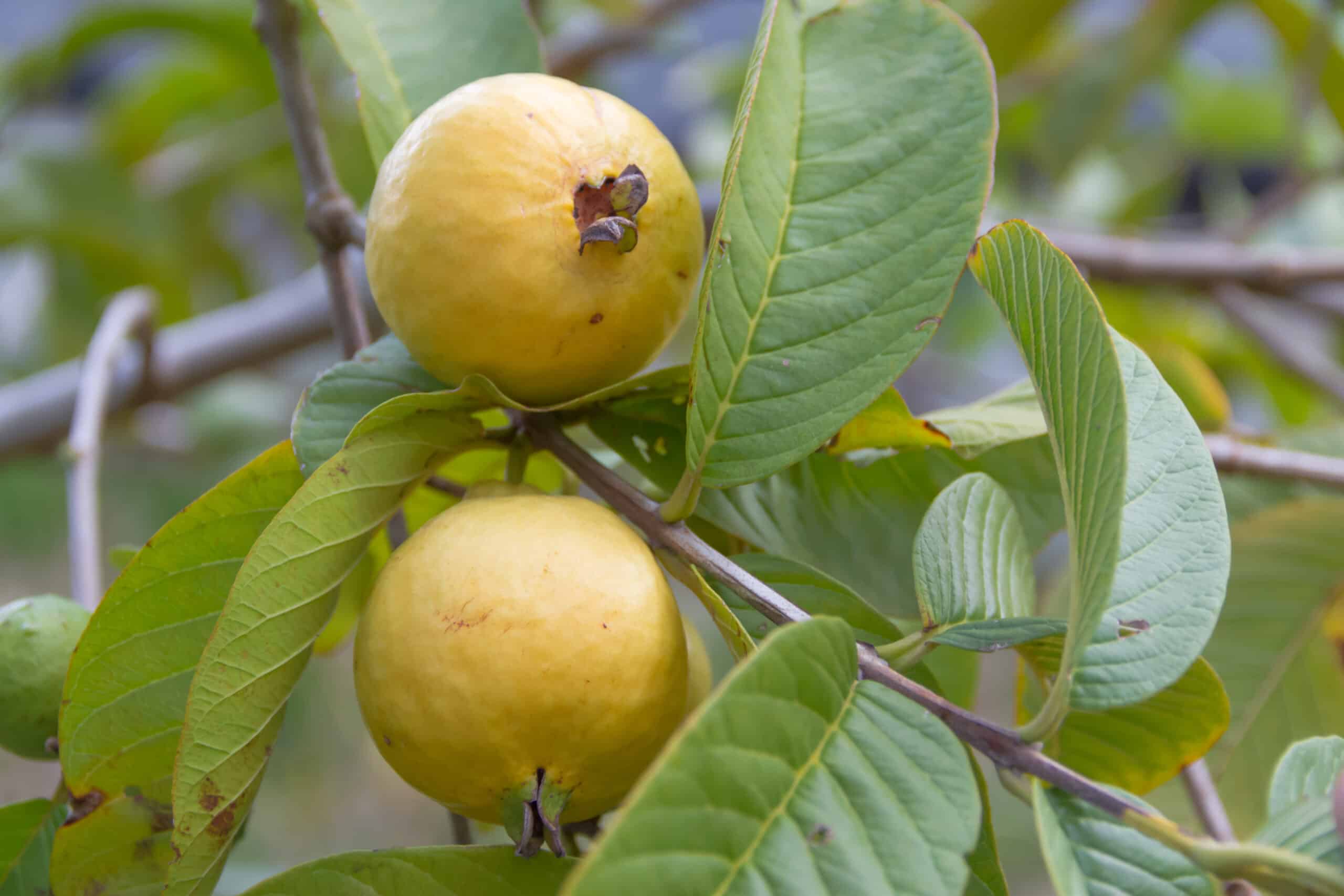
- Marigolds: Marigolds are another natural insect repellent that can help to protect guava trees from pests. They also help to improve the soil quality by attracting beneficial insects.

- Comfrey: Comfrey is a nitrogen-fixing plant that can help to improve the soil quality for guava trees. It also helps to suppress weeds and attract beneficial insects.

- Borage: Borage is a flowering plant that attracts pollinators, which can help to increase the yield of guava trees. It also helps to improve the soil quality by attracting beneficial insects.
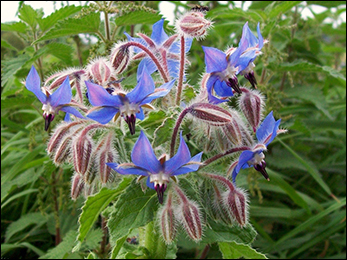
2. What are the worst companion plants for guava?
Some of the worst companion plants for guava include:
- Cucumber: Cucumbers and guava trees compete for the same nutrients, so planting them together can stunt the growth of both plants.
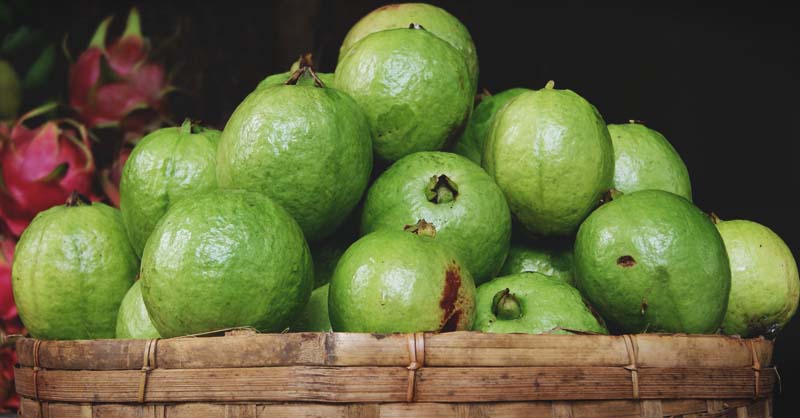
- Eggplant: Eggplants and guava trees are both susceptible to the same pests and diseases, so planting them together can increase the risk of infection.
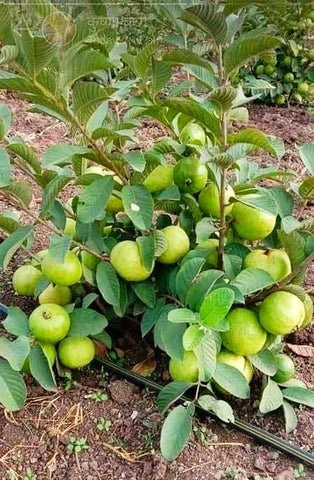
- Potato: Potatoes and guava trees compete for the same water and nutrients, so planting them together can stress both plants.
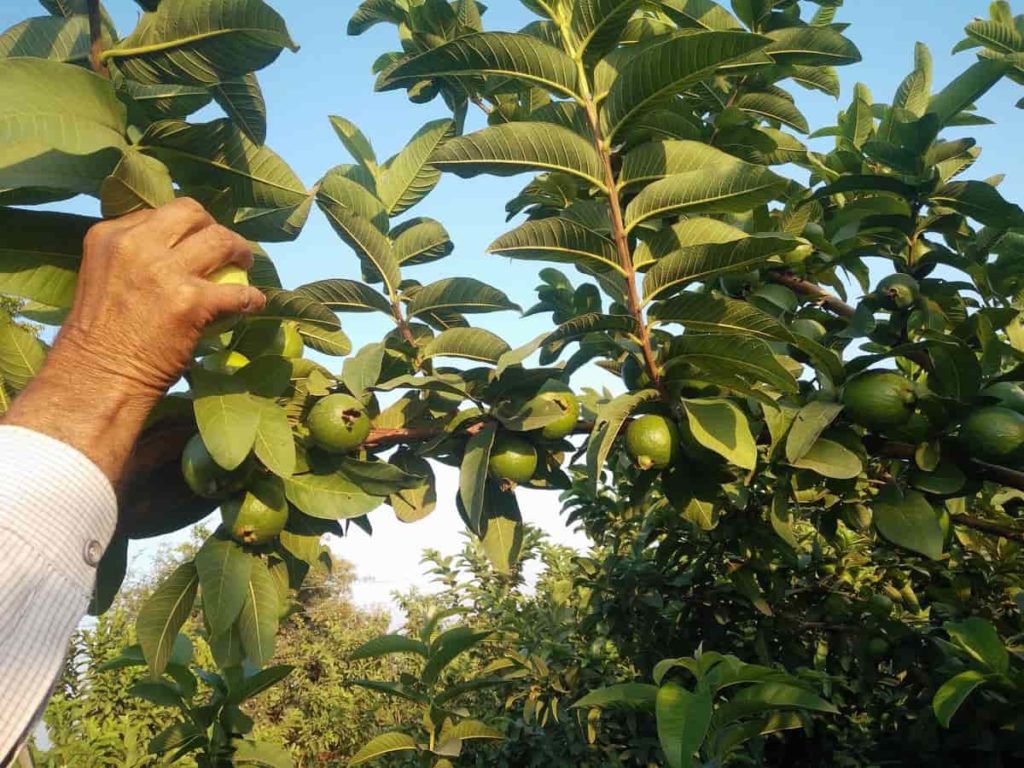
3. What are the benefits of planting companion plants with guava?
There are several benefits to planting companion plants with guava, including:
- Improved soil quality: Companion plants can help to improve the soil quality by attracting beneficial insects and earthworms, which break down organic matter and release nutrients into the soil.
- Disease and pest control: Companion plants can help to protect guava trees from pests and diseases by attracting beneficial insects that prey on pests, or by releasing chemicals that deter pests.
- Increased pollination: Companion plants that attract pollinators, such as bees and butterflies, can help to increase the yield of guava trees.
- Enhanced aesthetics: Companion plants can add beauty and interest to a garden, and can help to create a more attractive and inviting space.
4. How far apart should guava trees be planted?
The spacing between guava trees depends on the variety of guava tree and the climate. In general, guava trees should be planted at least 15 feet apart. If you are planting multiple guava trees in a row, they should be spaced at least 20 feet apart.
5. What are the best growing conditions for guava?
Guava trees are native to tropical and subtropical regions, so they prefer warm, humid climates. They can tolerate some frost, but young trees are more susceptible to cold damage. Guava trees need full sun and well-drained soil. They are relatively drought-tolerant, but they will produce more fruit if they are watered regularly.
Image of guava companion plants
5 different images of guava companion plants:
- Lemongrass: Lemongrass is a fragrant herb that can help repel pests from guava trees. It also helps improve the soil quality and drainage.
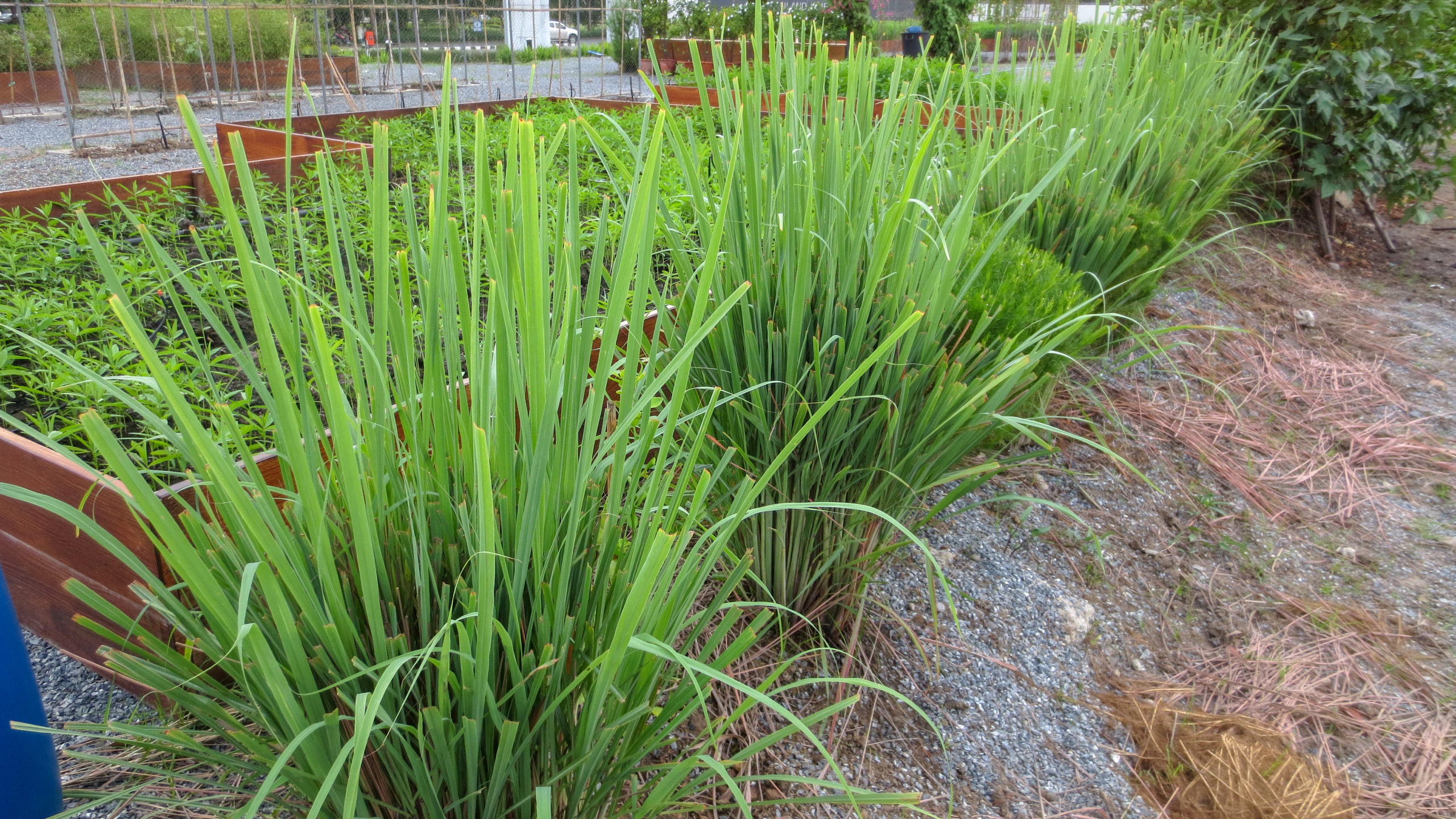
- Marigold: Marigolds are another herb that can help repel pests from guava trees. They also help improve the soil health by attracting beneficial insects.

- Cucumber: Cucumbers can be planted near guava trees to help suppress weeds. They also help improve the soil moisture levels.

- Beans: Beans are nitrogen-fixing plants that can help improve the soil quality for guava trees. They also help prevent erosion.
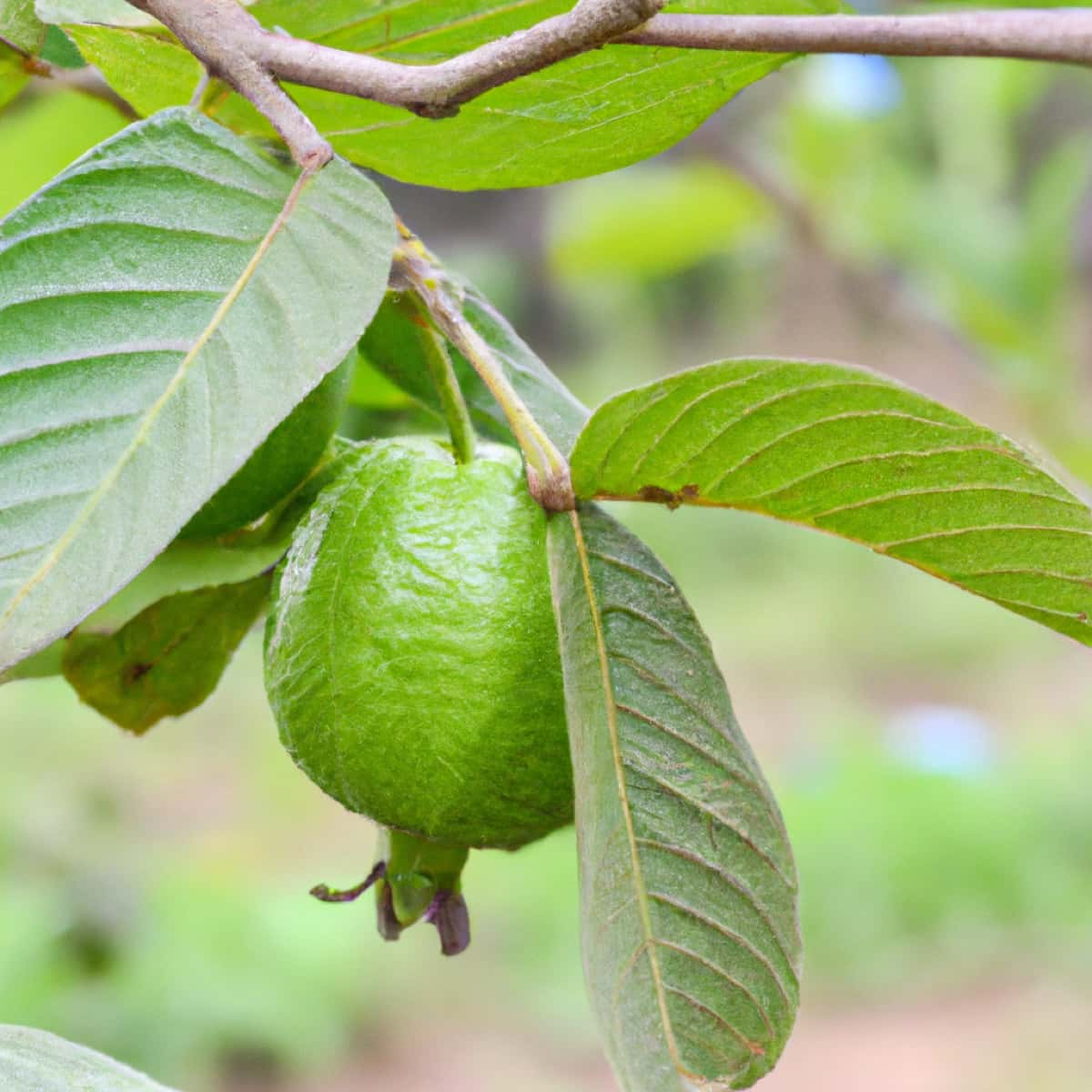
- Sunflowers: Sunflowers are tall plants that can provide shade for guava trees. They also help attract pollinators.

Post a Comment for " Amazing Companion Plants For Guava Trees"